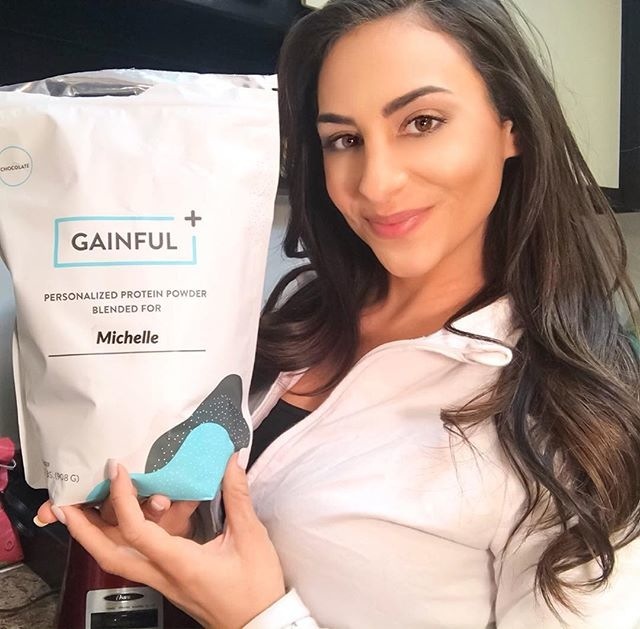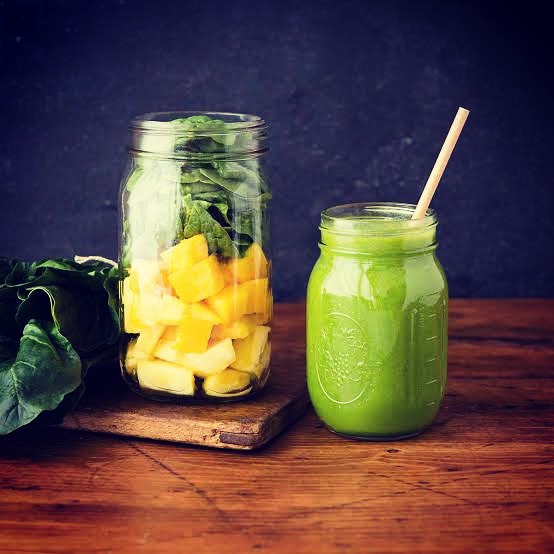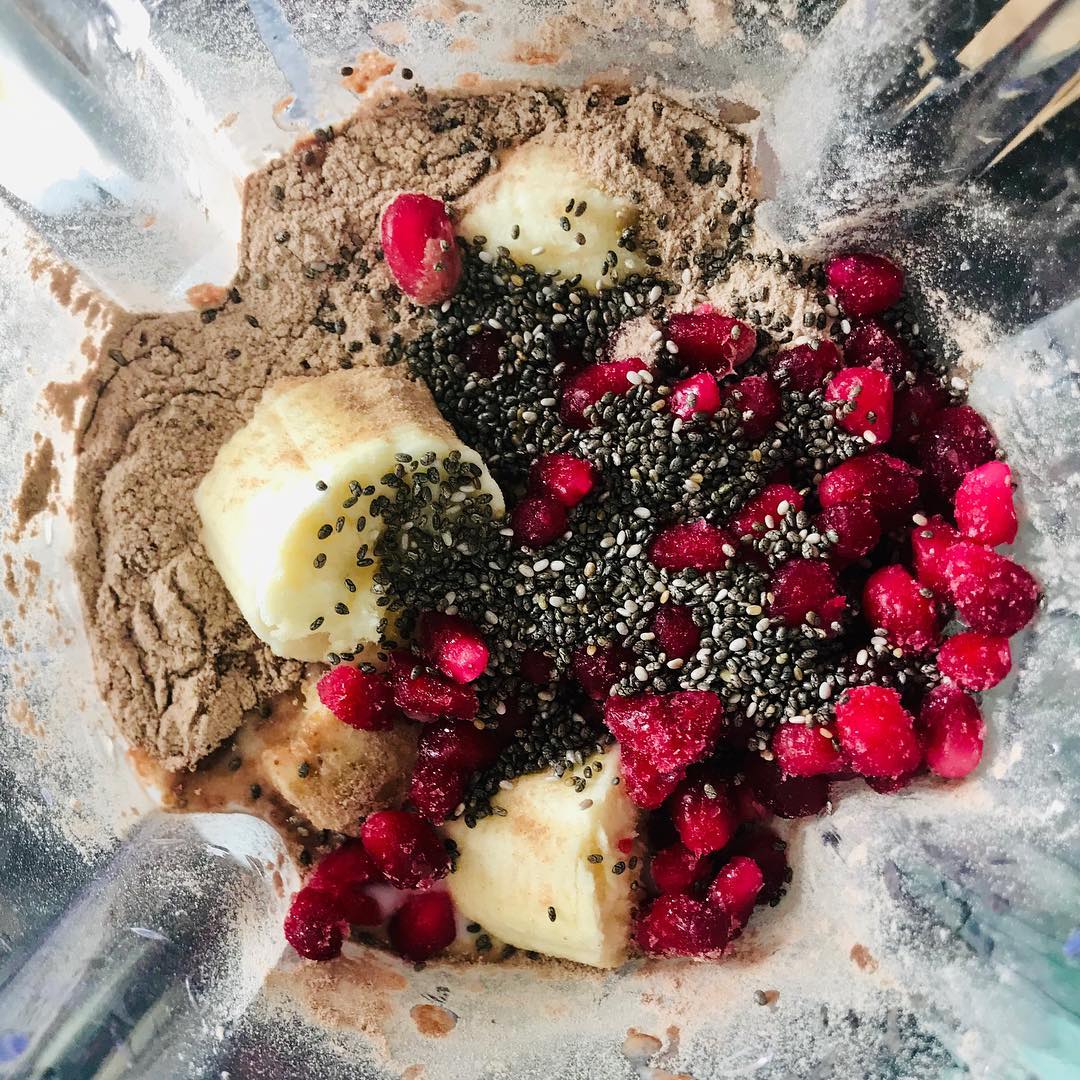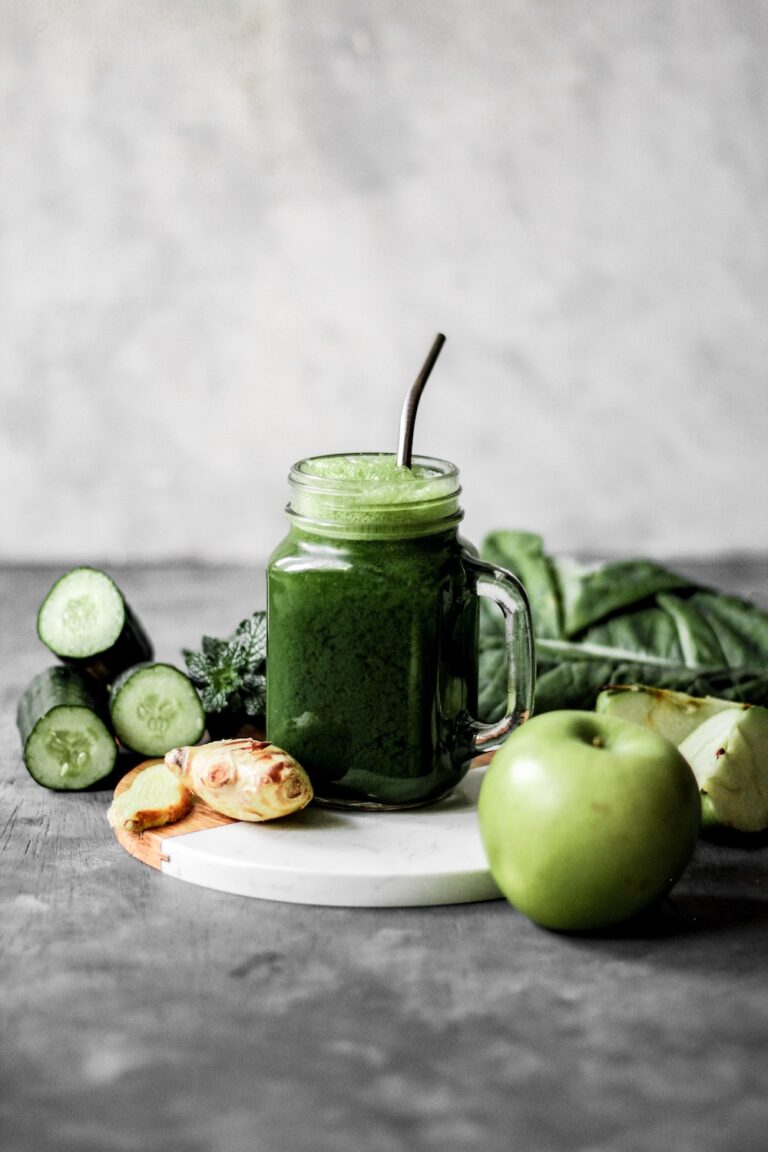Protein Supplements : Get Ready For Summer 2019!
With the end of the winter come good purposes. And among them, going back to the gym is a classic. However, we often want to see results quickly. A healthy diet combined with Protein Supplements can be the key to success.
Perhaps this is one of the reasons why the consumption of protein supplements has spread over time.

But do you really need an extra protein if you’re just going to do some aerobic exercise and a little bit of machines? Are these supplements healthy? Can excessive consumption be harmful?
The boom of protein supplements
The section dedicated to these nutritional supplements in sports equipment chains or GNC stores is getting bigger. In addition, the specialized stores have proliferated.

Up to which point is the consumption of protein supplements so frequent? Not only do athletes or bodybuilders take high-level supplements, also other people who go to the gym. The figures vary, but different studies provide data from 50% to 99% of users who consume nutritional supplements, although not only proteins.
More than half of the people who go to the gym take nutritional supplements
There are different types
Some experts tell us that you can find many supplements in the market, which “vary depending on the amount and proportion of amino acids, of the protein (s) that comprise it”.

Among the most frequent types of proteins are those of whey, casein, ovalbumin… in addition to specific amino acids: essential, branched, leucine, etc.
What are they for?
Some specialists say that protein supplements are often used mainly to gain muscle mass, but also to increase performance, “especially in athletes seeking to improve their level by an adaptation and recovery from muscle damage caused by the training session or competition. Both effects are real and valid in the sports context. “

However, he clarifies that the first thing to do before taking them is to assess if they are necessary. It must be taken into account in each person:
- Feeding.
- Your context.
- Your biotype.
- The sport you practice.
- Your daily energy expenditure and activity.
“We also have to study the objectives that the person intends to achieve with this supplementation (which is not possible with food) and, above all, that does not alter their health status”
That is why it is important to consult with a dietitian-nutritionist before taking a protein supplement, or any other type, since it is the one who will best value all these factors.
Can they be harmful to health?
The experts believe that supplements, in principle, are not a health risk alone, “as long as they do not have polluting or harmful substances”.
For this reason, specialists advise to buy always approved products, which have passed quality controls, in specialized establishments. And if you buy them online, make sure they are reliable websites of brands of recognized prestige.
“If you are thinking of taking a supplement, get advice on the quality of the product, tailored products are the best option”

Regardless of these aspects, it is important to take into account the shape of the person and if he suffers from any disease. “Excessive protein consumption by people suffering from any alteration can affect certain organic functions,” experts said.
The beliefs that high amounts of protein damage the liver or kidney are currently questioned when it comes to healthy population and, especially, athletes, with intakes of up to 3.5 grams of protein per kilo of body weight. So we should ask how much protein is recommended to take?
Although it is convenient that a dietitian-nutritionist perform an individualized study of the person before taking these supplements, personalized services are gaining popularity all over the internet. Here are some numbers to take in consideration.
Non-athletes: it is recommended to ensure 1 gram of protein per kilo of body weight, “which varies with age towards a slightly higher intake to ensure muscle maintenance.” Until recently, 0.8 g / kg was recommended. In some people who do not reach this amount through food, a supplement may be indicated.
The recommended protein consumption for athletes is 1.5 to 2 grams per kilo of weight : Or even more, being able to reach values higher than 3 g / kg in strength sports, without it being a risk.
Until now it was believed that the effect of these supplements was greater if they were taken in an interval of time just after exercising, the so-called “anabolic window”. However, according to the specialists, today this idea is questioned.
Your Diet is the key
Although protein supplements can be a good solution in certain cases, you should know that if your thing is to go to the gym or play a sport with more or less regularity, but not at a competitive level, it may be enough to take care of your diet and increase something the consumption of certain foods.

Among the most interesting foods when it comes to ensuring a good protein intake, the experts highlight these:
Vegetable origin: “Legumes (soybeans are the most used in various formats), nuts, they are even an option that may seem to contain little, such as rice or protein that is sold extracted from it.”
From animal origin: as eggs, “With a high quality and bio availability of its protein”, meats, fish, milk and its derivatives, trying to stay away of highly processed ones.
From L’Essenziale we believe that a good healthy lifestyle comes from balance and if you are looking for a personalized supplement with Simple, Honest Ingredients. Protein Powder Made Just For You. Visit Gainful.com to get started.






